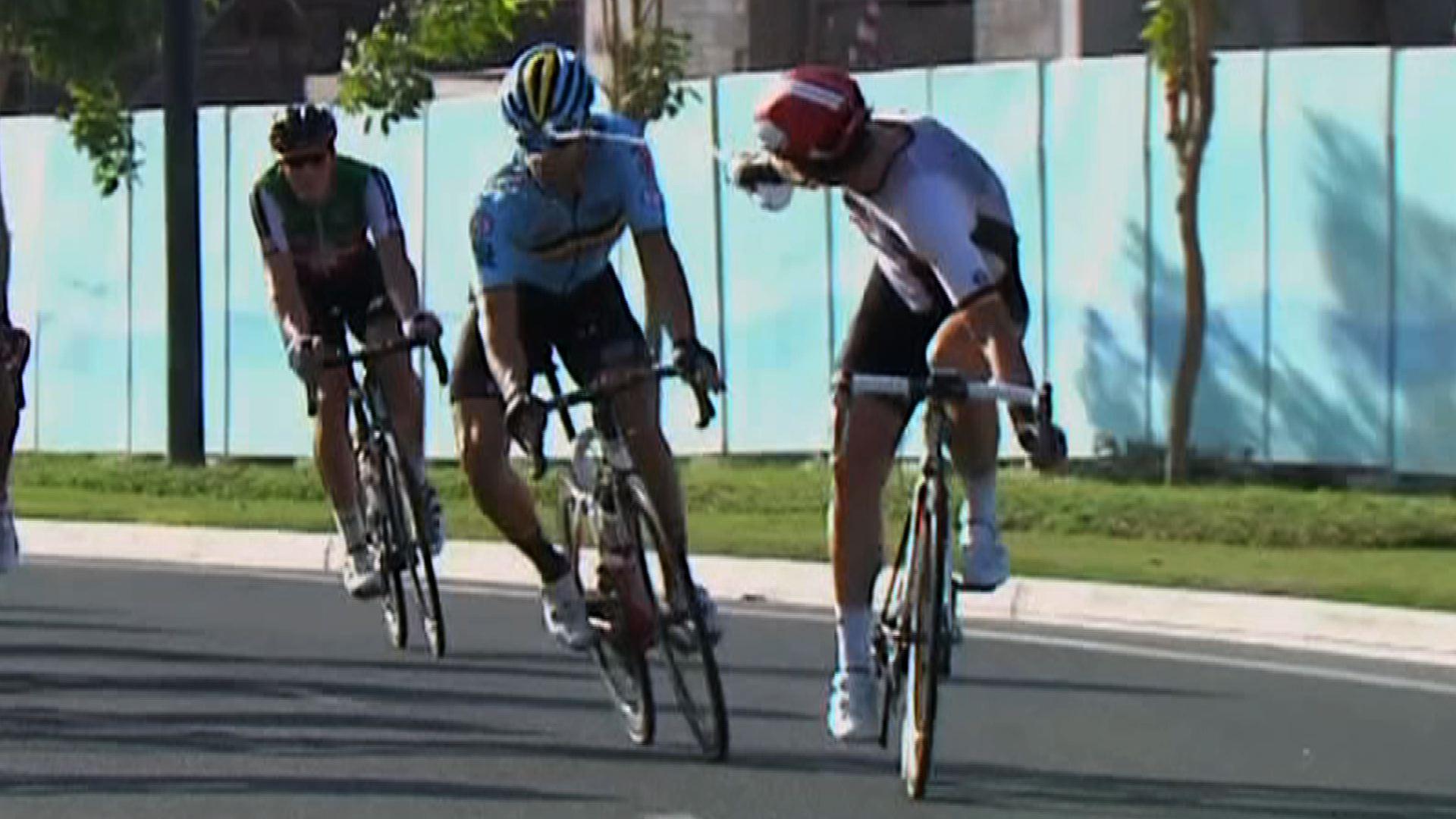Tour de France: Mountainous route revealed for 2017 edition
- Published
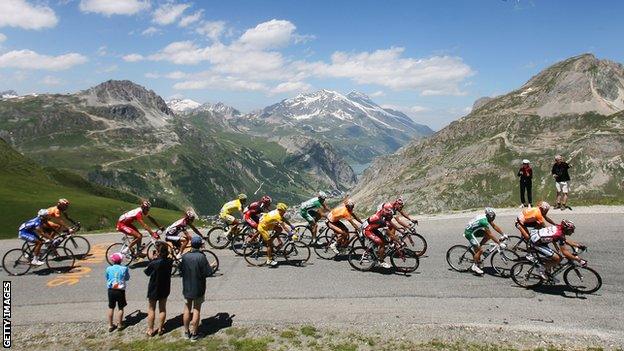
Not since the Tour of 1992 have organisers made riders take on all five French mountain ranges
The 2017 Tour de France will take in all five of the country's mountain ranges for the first time in 25 years.
Climbs in the Vosges, Jura, Pyrenees, Massif Central and Alps will form part of the three-week, 2,183-mile trek that starts in the German city of Dusseldorf on 1 July and finishes in Paris.
Two individual time trials bookend the race which will see defending champion Chris Froome try to win a fourth title.
"We want to favour long-range attacks," said Tour director Christian Prudhomme.
The route, which takes in Belgium and Luxembourg, is concentrated in the south and east of France.
The Col d'Izoard, which has featured in the race more than 30 times, will be a summit finish for the first time - one of just four in the race, with two coming in the first week. This year, the first mountain-top finish was not until the second week.
Stage five finishes atop La Planche des Belles Filles, where Froome won his first Tour stage in 2012 on his way to finishing second overall as his then Team Sky team-mate Bradley Wiggins became the first British winner of the race.
Despite the mountainous nature of the route, the 2017 edition will actually have fewer climbs rated category two or harder than in recent years.
There will be 23 such climbs next year, compared to 28 in 2016 and 25 in 2015 and 2014. However, the climbs will be spread over a longer period of time, placing the onus on the riders to maintain their climbing form.
The Grand Depart in Dusseldorf opens with an individual time trial, with the second coming in the penultimate stage in Marseille.
Organisers also announced that around 10km of mountain terrain will be off-limits to roadside fans.
The move follows a crash on last year's 12th stage on Mont Ventoux where Froome - who memorably ran part way up the mountain - Richie Porte and Bauke Mollema collided with a motorbike after crowds encroached on to the road.
2017 Tour de France
Stage 1: 1 July - Dusseldorf - Dusseldorf (time trial), 13km
Stage 2: 2 July - Dusseldorf - Liege (Belgium), 202km
Stage 3: 3 July - Verviers (Belgium) - Longwy, 202km
Stage 4: 4 July - Mondorf-Les-Bains (Luxembourg) - Vittel, 203km
Stage 5: 5 July - Vittel - La Planche des Belles Filles, 160km
Stage 6: 6 July - Vesoul - Troyes, 216km
Stage 7: 7 July 7 - Troyes - Nuits-Saint-Georges, 214km
Stage 8: 8 July 8 - Dole - Station des Rousses, 187km
Stage 9: 9 July - Nantua - Chambery, 181km
First rest day: 10 July
Stage 10: 11 July - Perigueux - Bergerac, 178km
Stage 11: 12 July - Eymet - Pau, 202km
Stage 12: 13 July - Pau - Peyragudes, 214km
Stage 13: 14 July - Saint-Girons - Foix, 100km
Stage 14: 15 July - Blagnac - Rodez, 181km
Stage 15: 16 July - Laissac-Severac L'Eglise - Le-Puy-en-Velay, 189km
Second rest day: 17 July
Stage 16: 18 July - Le-Puy-en-Velay - Romans-sur-Isere, 165km
Stage 17: 19 July - La Mure - Serre-Chevalier, 183km
Stage 18: 20 July - Briancon - Izoard, 178km
Stage 19: 21 July - Embrun - Salon-de-Provence, 220km
Stage 20: 22 July - Marseille - Marseille (time trial), 23km
Stage 21: 23 July - Montgeron - Paris Champs-Elysees, 105km
- Published18 October 2016
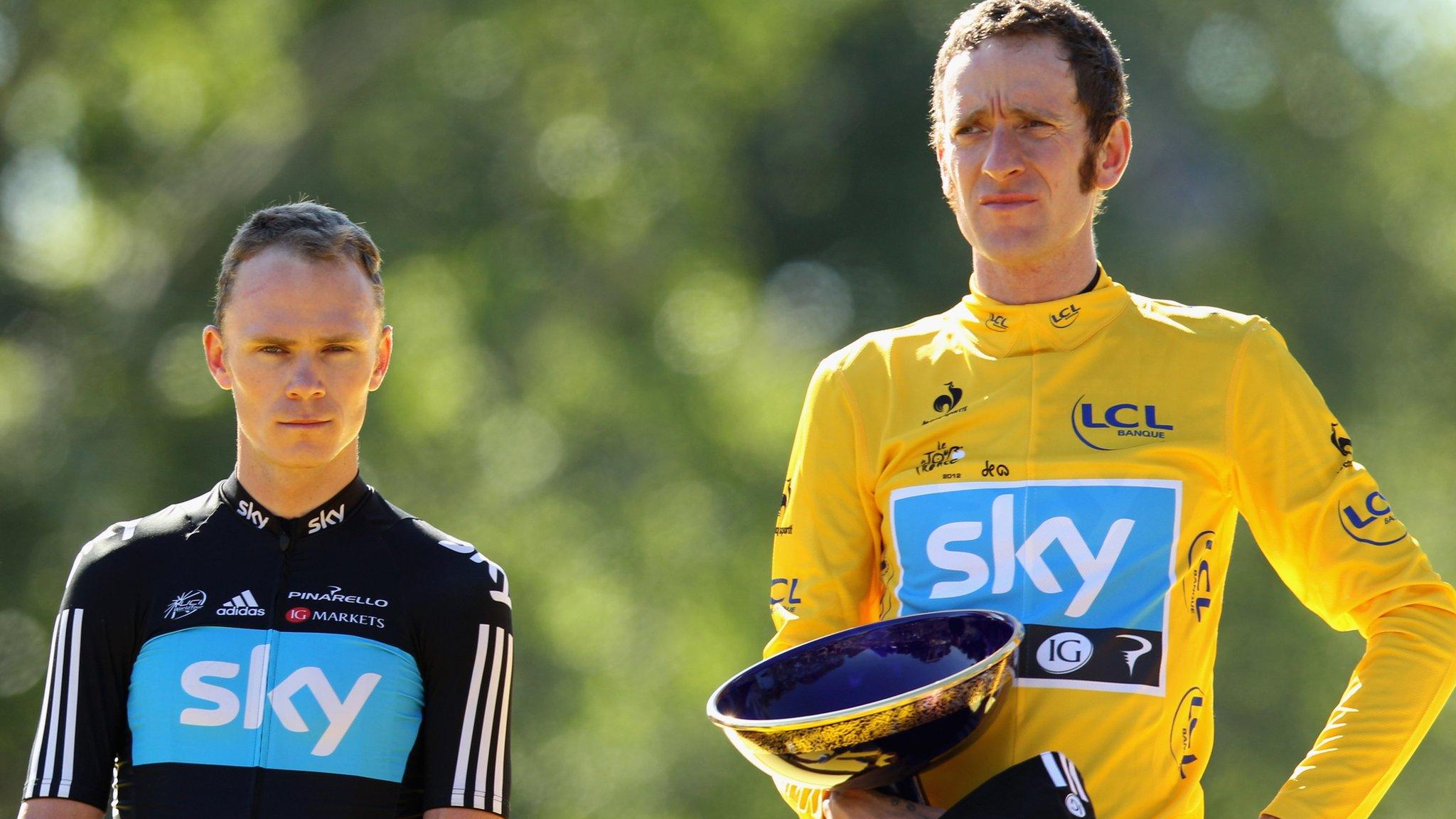
- Published16 October 2016
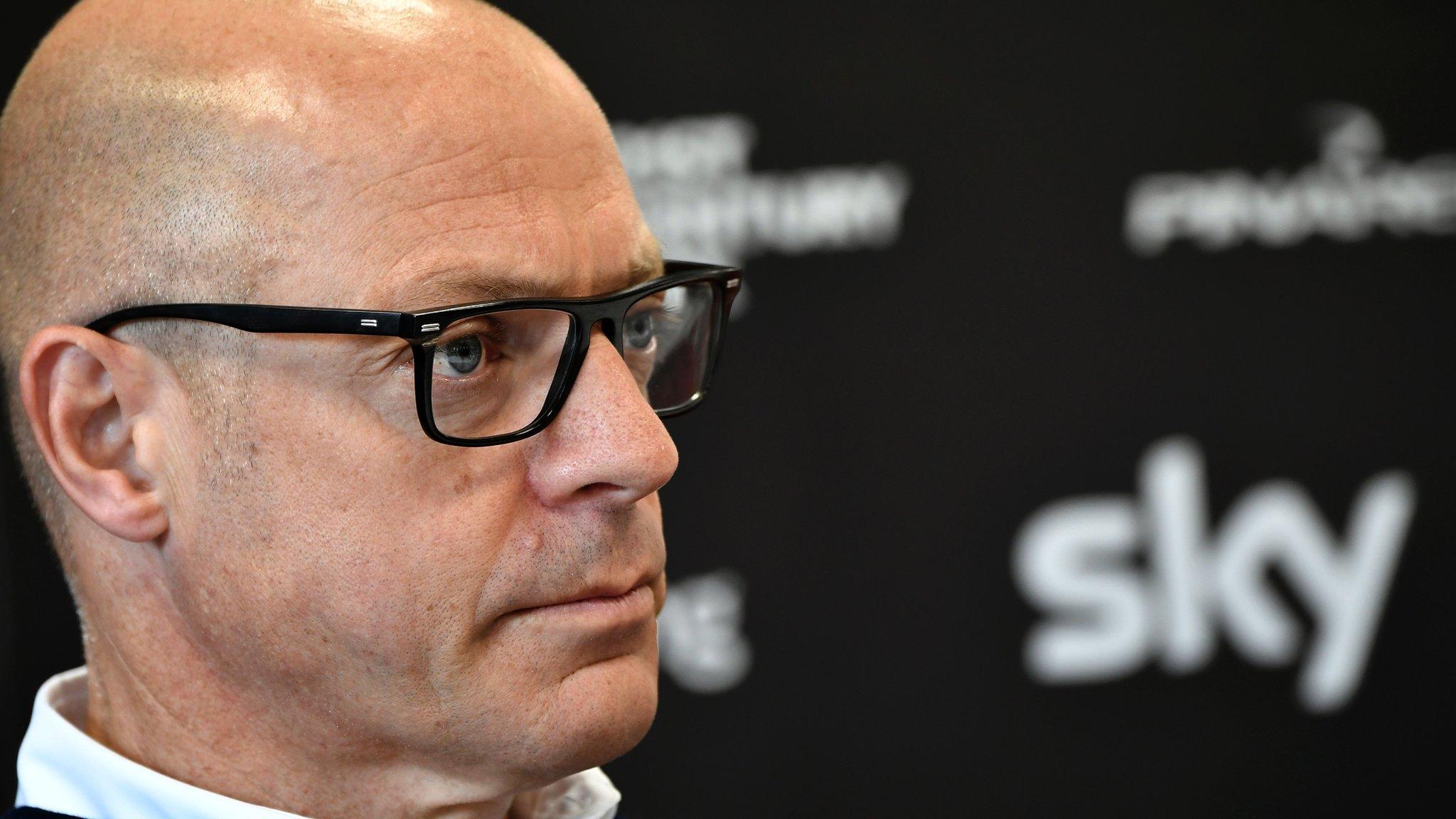
- Published16 October 2016
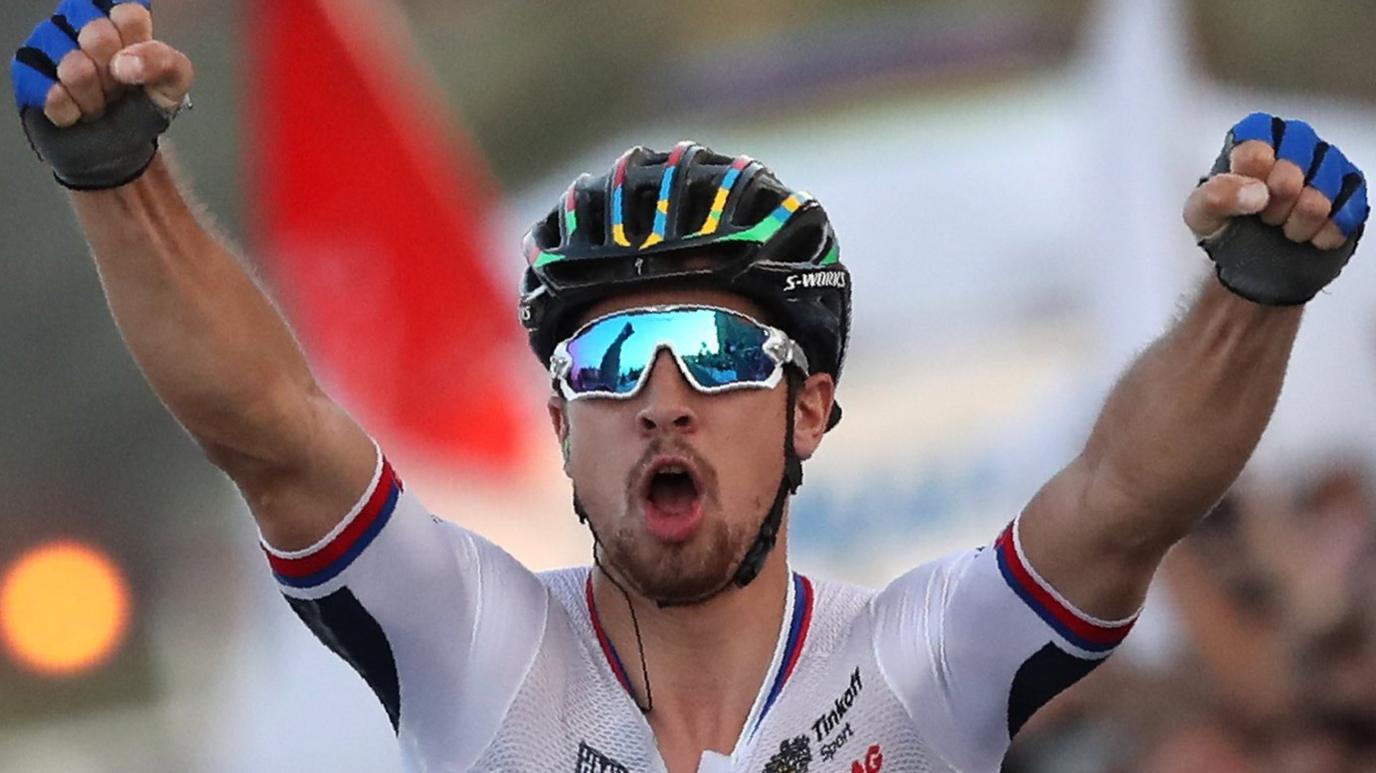
- Published16 October 2016
